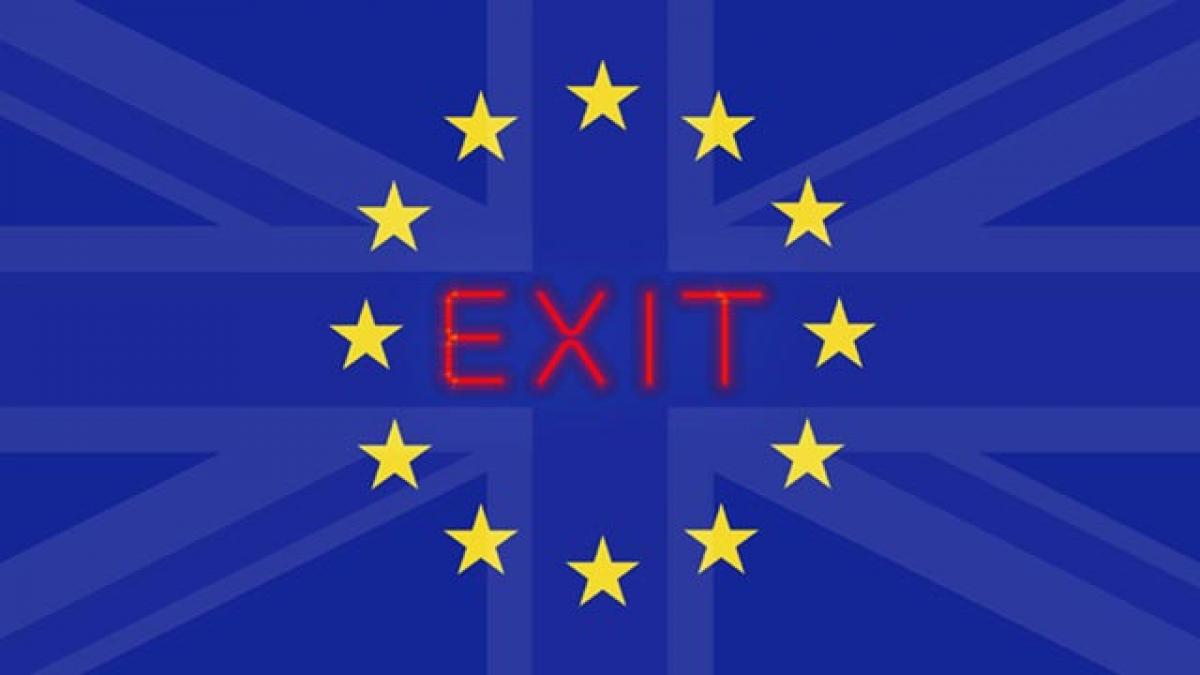Live
- Cyclone Fengal: MK Stalin announces relief package for victims
- Swathi Garudasu Redefines Data Architecture
- South Korea: 38 Vietnamese tourists go missing in Jeju
- Border-Gavaskar Trophy: Washington Sundar Likely to Play in 2nd Pink-Ball Test at Adelaide
- ‘Grand event’: 40,000 people expected to attend MahaYuti’s swearing-in function
- DMHO Dr. S.K. Siddappa Calls for Increased Palliative Care Admissions and Improved Patient Services
- Sandhya Ganipineni: Mastering SAP and Creating a Niche in Innovation and Leadership
- Flash Mob in Central London Dances to Allu Arjun’s Pushpa 2 Hits, Creating Viral Video
- Empowering Abilities: Gadwal Celebrates International Day of Persons with Disabilities
- Cyclone Fengal: A Case Study in Unpredictable Cyclones and Forecasting Challenges









